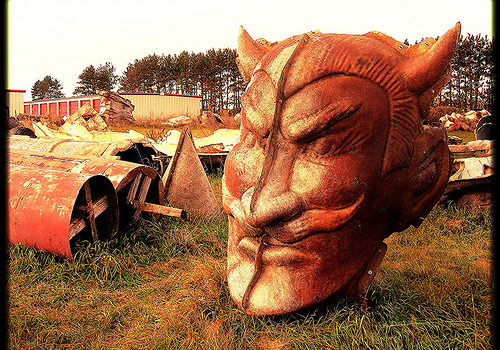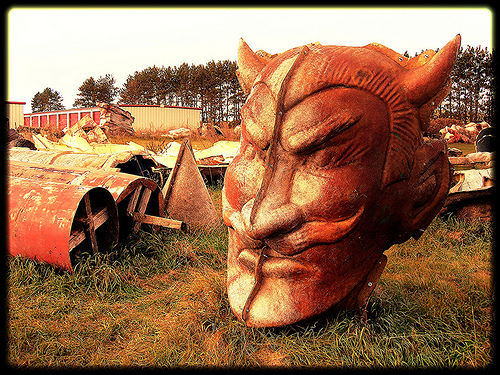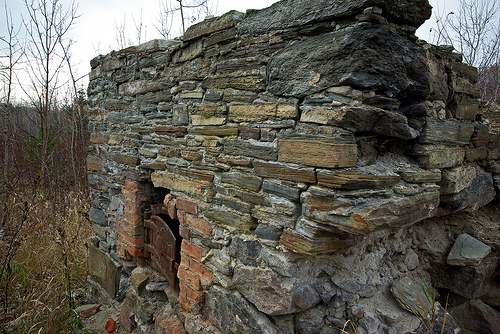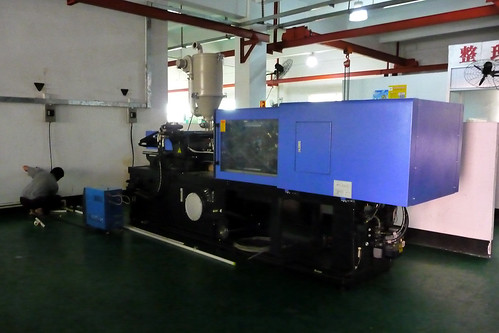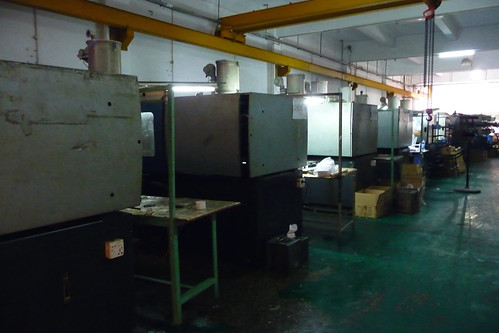Outsourcing plastic injection molding can make mass producing a product simpler and cost-effective for your business. Companies offering plastic injection molding services can handle hundreds or thousands of quantities of a single or multiple items and provide the right injection molding solution to suit your requirements. However, you need to consider examining the qualifications and experience of the company to make sure that you are hiring the right one. Here are things you should ask a prospective plastic injection molding company to evaluate their capabilities:
* Where are you based? – It is important to know where the company is located. If they are based abroad, like in China, make sure they are easy to contact by phone or online and that they can respond promptly to any inquiries. Consider a plastic injection molding company with professional sales and engineering teams that you can easily get in touch with.
* How long have you been in business? – Choose a company that has been tooling and molding for more than a decade. That way, you can trust their experience and flexibility in handling a wide array of projects for different kinds of clients. If they are expanding, find out when they started. Some of the best plastic injection molding companies have been expanding their business for over five years, and this enabled them to provide their services to more businesses around the world.
* What is your production capability? – Learn about their machines and production capabilities to determine if they can cater efficiently to your requirements. Larger and modern plastic injection molding machines can produce a lot of products faster. One of the leading service providers in China has built more than 4,000 sets of moldings for different industries.
* Who have you worked for in the past? – Leading plastic injection molding companies have a string of well-known clients, like Canon, Toyota, Brother, Huawei, P&G, and Volkswagen. Remember to ask for references and check with those previous clients to find out if they were satisfied overall with the service and quality of work.
* What kinds of plastics do you use? – Many different kinds of plastics are used in manufacturing, so there should be a specific type of plastic for a particular application. For instance, some plastics are designed for chemical containers, while others are food grade and safe for food preparation and storage. Hence, be sure to ask the types of plastic the prospective plastic injection molding company will use for your product. Verify that it is safe and practical for your intended application.

